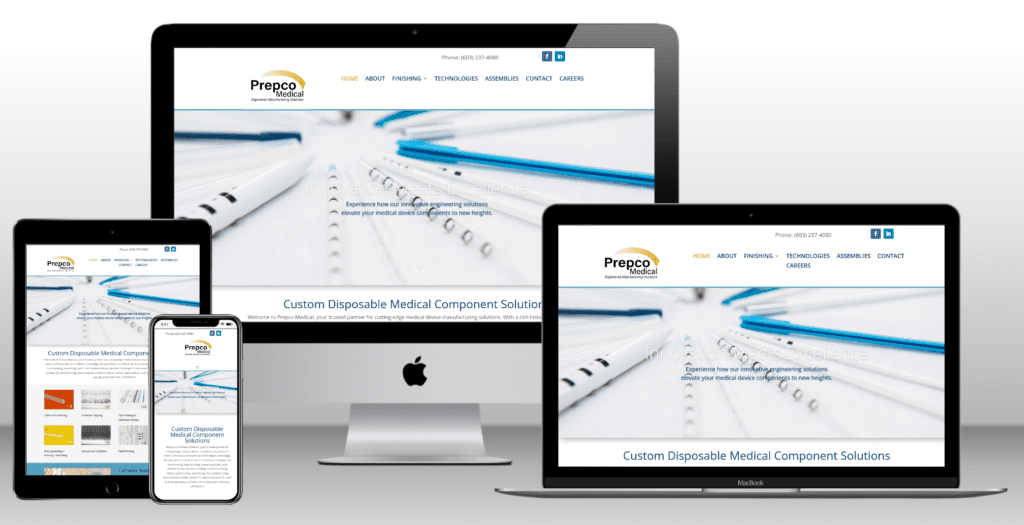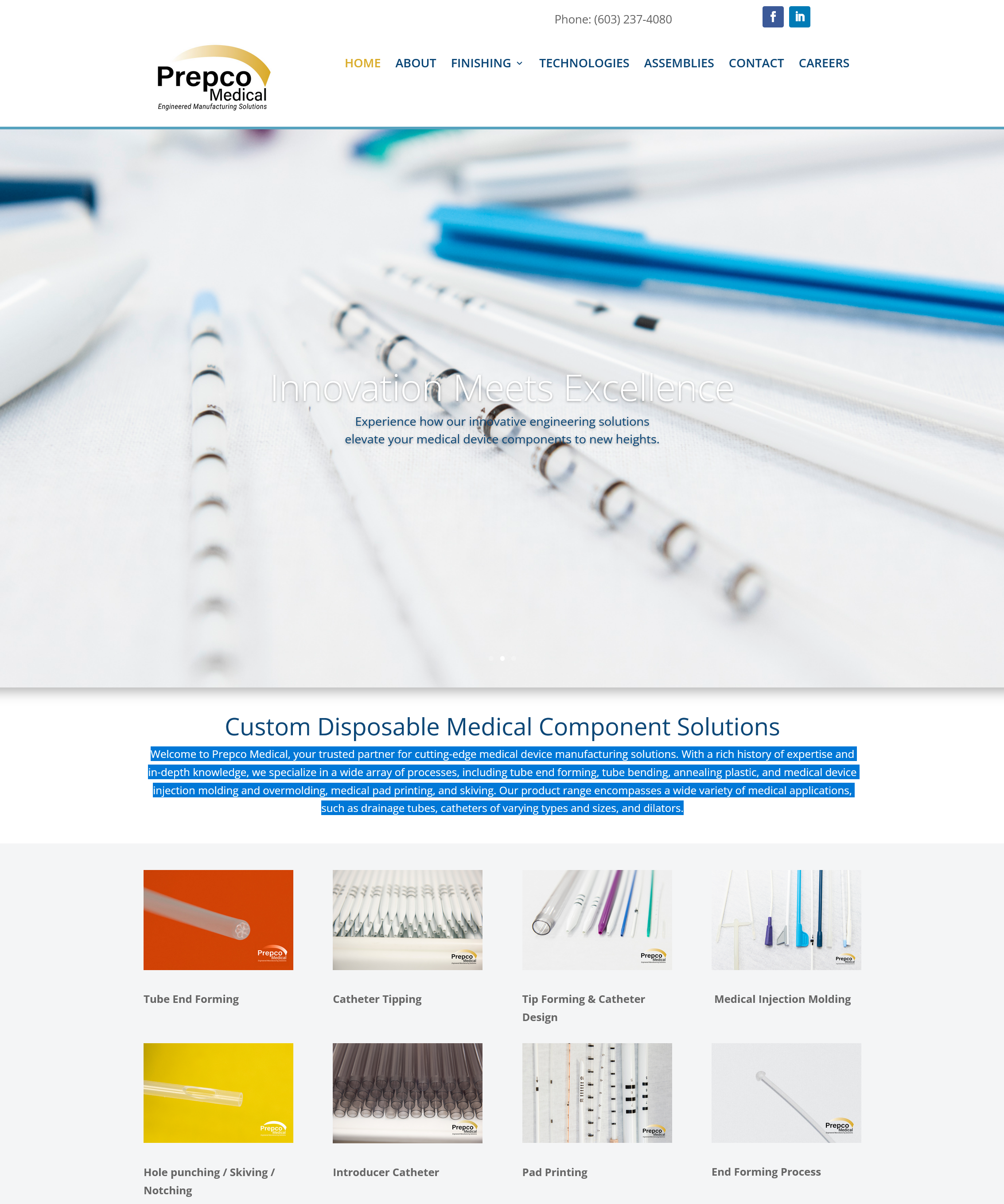When building your brand, how to choose between a personal and business brand is crucial. Each serves a distinct purpose and offers different benefits, depending on your goals. As a web and graphic designer, I often guide clients through this decision, ensuring their brand identity aligns with their objectives. Whether you want to make a name for yourself or position your business for growth, choosing the right branding approach is essential.
Let’s dive into the differences between personal and business brands, how to build each one, and what to consider before making your decision.

Understanding the Difference
The main difference between a personal brand and a business brand lies in their focus. A personal brand centers on an individual, highlighting their skills, values, and personality. This type of branding is ideal for professionals, influencers, or entrepreneurs who want to position themselves as experts in a specific field. Personal branding is about building your reputation and connecting directly with your audience.
A business brand, on the other hand, represents an entire company. It’s about creating a distinct identity for the business, whether it’s a small startup or a large corporation. The focus is on the company’s mission, values, and unique selling points. A business brand aims to create a strong market presence, build trust, and foster loyalty among customers. It represents the company as a whole, not just one person.
Personal Brand
A personal brand is your professional identity. It’s what you stand for, what you’re known for, and how you present yourself to others. When you create a personal brand, you’re not just promoting products or services; you’re promoting yourself. This approach is crucial for professionals who want to stand out in a competitive market. For instance, if you’re a graphic designer or consultant, your personal brand can help you differentiate yourself from others in your industry.
One of the biggest advantages of a personal brand is the opportunity to build deeper, more personal connections with your audience. People relate to people. When you showcase your personality, values, and personal story, your audience feels more connected to you. This authenticity helps establish trust, which is key to long-term relationships. Clients are more likely to choose and recommend someone they trust.
Business Brand
A business brand, by contrast, is not tied to one individual. It’s about creating an identity for the entire organization. Even if your business starts as a one-person operation, a business brand allows room for growth. As the business grows, you can hire a team, expand your services, and take on larger projects without being limited by your personal reputation.
For example, if you run a web design agency, a business brand lets you scale. It allows you to represent the agency’s overall values, mission, and quality of work, rather than just your individual skills. A strong business brand also separates your personal and professional life. This separation can be valuable if you want to maintain privacy or keep a clear line between your work and personal identity.
A business brand also works well for companies that offer a wide range of services or products. Unlike a personal brand, which is usually more specific, a business brand can represent a broader spectrum. It can grow and evolve over time, reflecting the company’s expansion and changes.
Choosing Between a Personal and Business Brand
Deciding whether to build a personal or business brand depends on your goals. It’s important to ask yourself what you want to achieve in a brand experience and how you want to position yourself or your company.
If your goal is to build a personal reputation or establish yourself as an expert in your field, a personal brand is likely the best fit. Personal branding gives you the freedom to express your unique perspective, connect directly with your audience, and showcase your skills. This approach works particularly well for individuals offering services tied closely to their expertise, such as consultants or freelancers.
Personal brands thrive on authenticity. If you enjoy sharing your personality and experiences, a personal brand allows you to connect on a more personal level. Your story becomes part of your brand, making it easier to stand out and create lasting relationships with clients.
However, if your goal is to grow your business, a business brand might be a better option. A business brand gives you the flexibility to expand beyond your individual efforts. It allows you to build a team, offer a variety of services, and scale your operations over time. A business brand also helps establish a distinct corporate identity, which is important if you plan to work with larger clients or enter more competitive markets.
A business brand also accommodates diverse offerings. If your business provides multiple services or products, a business brand can represent the full range. It also allows for future growth, even if your company’s direction changes.
Steps to Building Your Brand
Whether you choose a personal brand or a business brand, the process requires careful planning and strategy.
For a personal brand, start by defining your niche. Identify the specific area where you want to establish yourself as an expert. This will help you shape your message and focus your efforts. Next, craft a personal story that resonates with your audience. Your story should reflect your values, experiences, and what makes you unique. Finally, maintain a consistent online presence. Make sure your website, social media profiles, and other platforms reflect your brand identity.
Building a business brand involves a different approach. First, define your company’s core values and mission. These will guide your branding decisions and help you connect with your target audience. Invest in professional branding elements, such as a logo and website. These assets should reflect your business’s personality and values. Lastly, develop an integrated marketing strategy. Consistency is key, so make sure your messaging is aligned across all channels.
Key Considerations Before You Commit
Before you commit to building either a personal or business brand, take some time to evaluate your goals. Ask yourself whether you’re comfortable being the face of your brand. Personal branding requires a high level of visibility, and you need to be prepared to be in the spotlight. If that doesn’t appeal to you, a business brand might be a better fit.
Also, consider whether your skills and expertise are central to your business. If your personal knowledge and experience are your primary offerings, a personal brand aligns well with your goals. However, if you’re looking to build a company that can grow beyond your individual efforts, a business brand provides more flexibility.
Think about the long-term growth of your business. If you plan to expand, hire a team, or offer a variety of services, a business brand can accommodate these changes. A personal brand, on the other hand, might feel more limiting if your business evolves over time.
Conclusion
Choosing between a personal brand and a business brand is an important decision. Each path offers distinct advantages, but the right choice depends on your goals, expertise, and vision for the future. A personal brand allows you to build deeper connections and showcase your unique skills, while a business brand offers scalability and the opportunity to create a broader identity.
By considering your long-term objectives and evaluating the type of brand that aligns with your aspirations, you can make an informed decision. The right brand will not only reflect your values but also set you up for long-term success.

